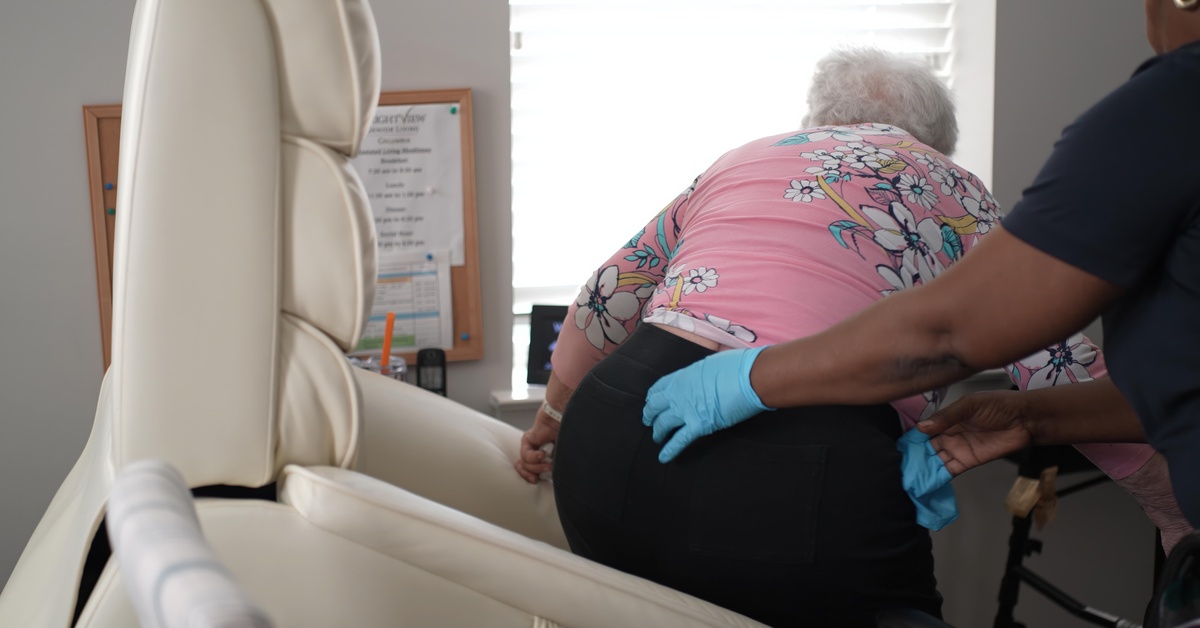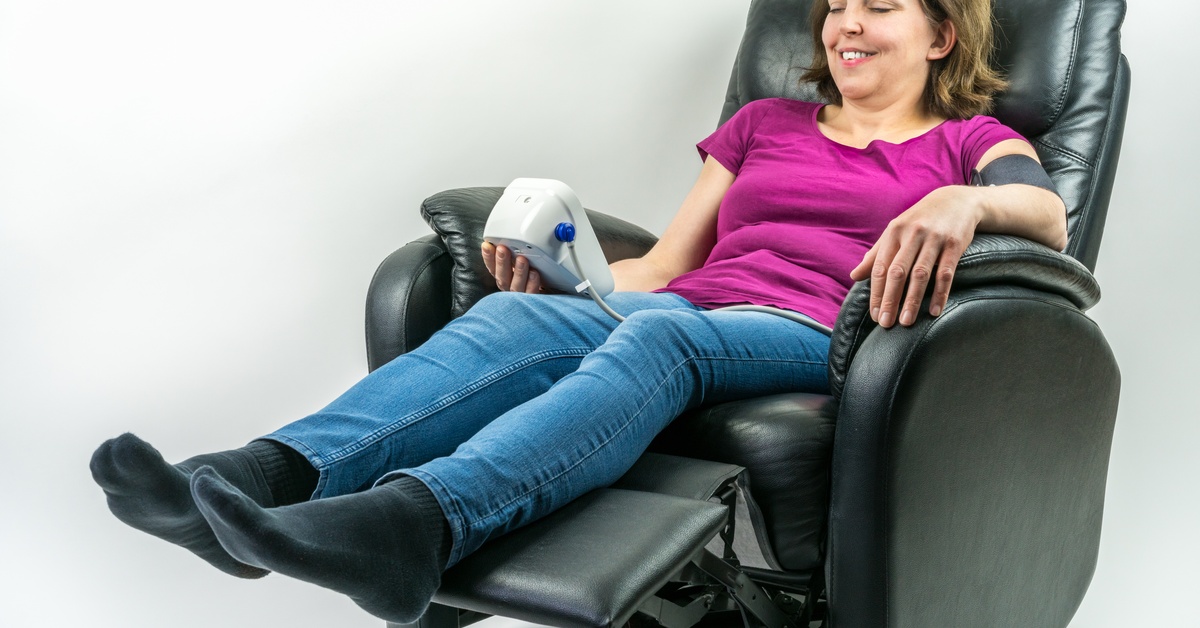Hudson Pharmacy & Surgical
Updated 10:26 AM CST, Thu November 13, 2025

A lift chair represents a significant investment in comfort, safety, and independence. For individuals with mobility challenges, it’s an essential piece of equipment that enhances daily living. However, the cost is a common concern for many families. Understanding the various funding options available can make acquiring a lift chair more manageable.
This information explores the different avenues you can pursue to fund the purchase of a lift chair, from insurance coverage to private financing. We will provide clear details on each option to help you make an informed decision that suits your financial situation and healthcare needs. Our goal is to offer straightforward guidance to help you or your loved one access this important mobility aid.
Use Medicare To Help Pay for a Lift Chair
Many people ask if Medicare will cover the cost of a lift chair. The short answer is yes, under specific conditions. Medicare Part B (Medical Insurance) may cover the seat-lift mechanism, which they consider durable medical equipment (DME). It will not cover the cost of the chair itself—only the motorized lifting component.
To qualify for this coverage, you must meet several criteria:
- You must have severe hop or knee arthritis or a neuromuscular disease.
- Your doctor must determine that the seat lift mechanism is medically necessary for you.
- You must be unable to stand up from a regular chair on your own.
- Once standing, you must be able to walk, even with the assistance of a cane or walker.
Your doctor must prescribe the lift chair and provide documentation to Medicare. You will also need to get the chair from a supplier that is enrolled in Medicare. If you meet these requirements, Medicare will typically reimburse 80 percent of the approved amount for the lifting mechanism after you have met your Part B deductible. You will be responsible for the remaining 20 percent and the full cost of the chair portion.
Check Your Medicare Advantage Plan for Coverage
If you have a Medicare Advantage Plan (Part C), your coverage for a lift chair might be different from Original Medicare. Private insurance companies offer these approved plans by Medicare and must provide at least the same level of coverage as Original Medicare Part A and Part B. However, many Advantage Plans offer additional benefits.
Some Medicare Advantage Plans may offer more comprehensive coverage for durable medical equipment, potentially including a larger portion of the lift chair’s cost. It’s important to review your specific plan’s Evidence of Coverage (EOC) document or contact your insurance provider directly. Ask about their policies on lift chairs, the needed documentation, and which in-network suppliers you must use to maximize your benefits.

Use Medicaid To Cover the Costs
Medicaid is a joint federal and state program that helps with medical costs for some people with limited income and resources. Medicaid coverage for lift chairs varies significantly from state to state. In many states, a lift chair may be covered as durable medical equipment if Medicaid deems it medically necessary.
Similar to Medicare, you will need a prescription from your doctor explaining why the lift chair is essential for your condition. Your state’s Medicaid program will have its own set of rules and requirements for approval. It’s important to contact your local Medicaid office to understand the specific criteria, the documentation process, and the list of approved DME suppliers in your area.
Review Your Private Insurance Policy
If you have private health insurance through an employer or the marketplace, your policy might offer coverage for a lift chair. Private insurance plans vary widely in what they cover. You will need to check your policy details or contact your insurance company’s customer service department.
Ask specifically about coverage for durable medical equipment or lift chairs. The insurer will likely require a prescription and a letter of medical necessity from your doctor. Be sure to inquire about any pre-authorization requirements, deductibles, copayments, and whether you need to use an in-network supplier. Getting this information upfront can prevent unexpected expenses.
Consider Veterans Affairs (VA) Benefits
For eligible veterans, the Department of Veterans Affairs (VA) may provide a lift chair as part of its medical benefits package. If your need for a lift chair is for a service-related disability or medically necessary for your care, the VA might cover the full cost.
You must enroll in the VA healthcare system to access this benefit. Your VA primary care provider or specialist will need to evaluate your condition and prescribe the lift chair. They will submit this request for approval through the VA’s prosthetics and durable medical equipment department.
Look Into Local Charitable Organizations
Many local and national charitable organizations offer financial assistance for medical equipment. Groups like the Lions Club, Kiwanis International, or local senior centers may have programs to help individuals acquire necessary items like lift chairs.
You can search online for nonprofits in your area that focus on assisting seniors or people with different abilities. Contact them to inquire about their application process and eligibility requirements.

Ask About Financing Options
Many durable medical equipment suppliers offer financing plans that allow you to pay for a lift chair over time. These plans can make the initial cost more manageable by breaking it into smaller monthly payments.
When you consider this option, be sure to ask about the interest rate, the length of the financing term, and any associated fees. A clear understanding of the total cost over the life of the loan is important.
Explore a Lift Chair Recliner Rental
If your need for a lift chair is temporary, such as during recovery from surgery, a lift chair recliner rental is a cost-effective solution. Renting allows you to have the benefits of a lift chair without the long-term financial commitment of a purchase. Contact local medical supply companies to ask about their rental programs, pricing, and availability.
Your Path to Comfort and Independence
Funding a lift chair purchase is a step toward improving safety and quality of life for people with mobility issues. By exploring options like Medicare, private insurance, VA benefits, care credit, and local assistance programs, you can find a funding solution that works for you.
Always start by consulting with your doctor to establish medical necessity, and then work with your insurance provider and a trusted medical equipment supplier to navigate the process. Hudson Pharmacy and Surgical is available today to help you secure a lift chair that suits your needs. Explore our inventory and funding options to learn more.

Comments